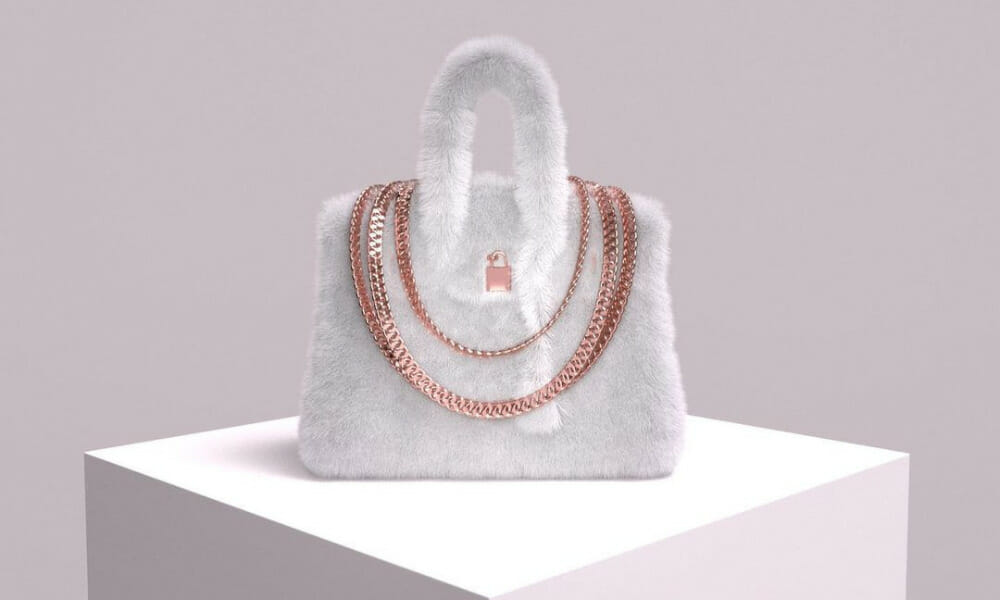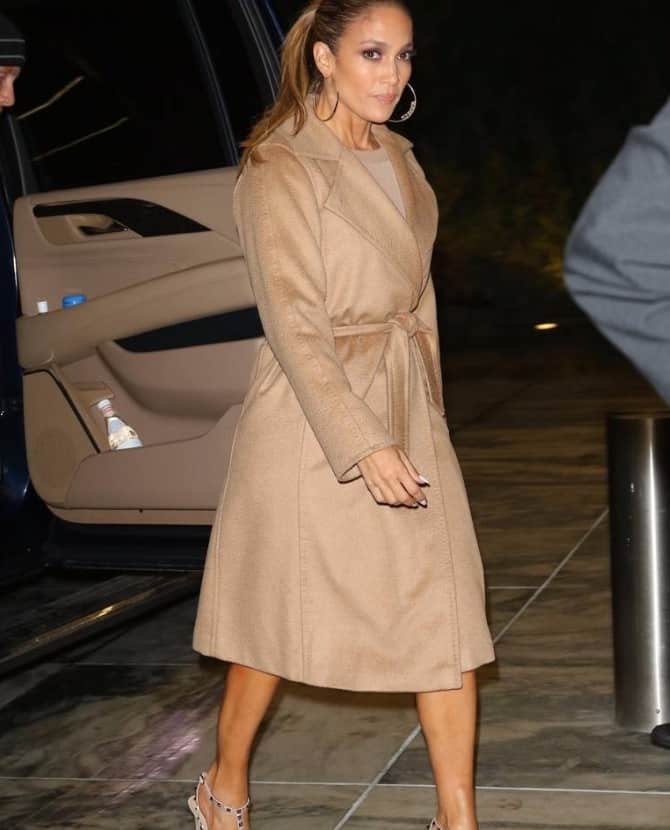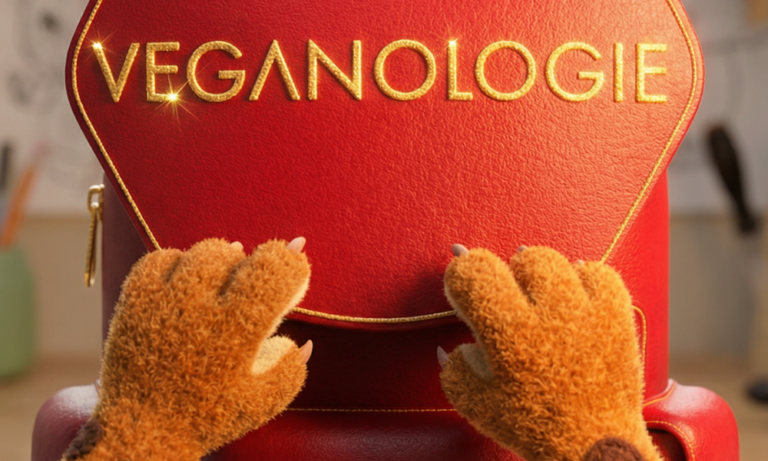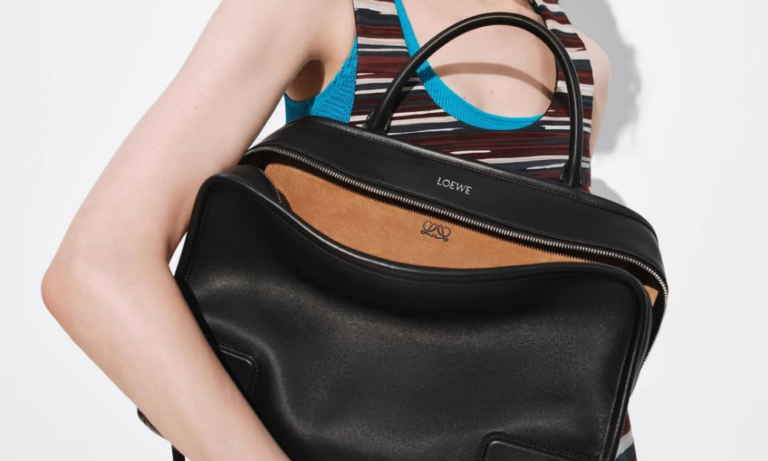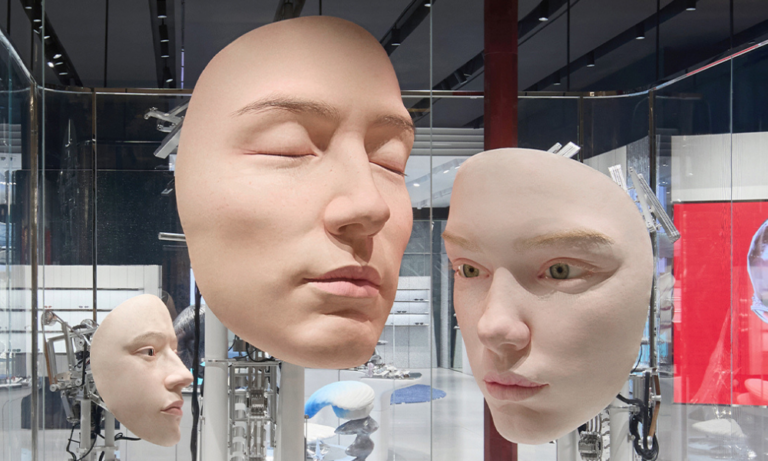In 2021, NFT artist Mason Rothschild revealed a collection of “MetaBirkin” NFTs that featured 100 fluffy Birkin bags, covered in fur. The introduction of this new collection came amid the NFT hype in technology two years ago and the digital art collection garnered more than 200 ethereum (about $790,000 at the time) in sales.
This eventually led to Hermès suing the artist due to Rothschild’s NFTs infringing its trademark and arguing that his website URL was too similar to Hermès’ company website.
In 2022, Hermès filed an official lawsuit again Rothschild claiming that he was “stealing the goodwill in Hermès’ famous intellectual property to create and sell his own line of products,” which could create confusion among its consumer base.
Last week, a nine-person jury in the copyright infringement trial between Hermès and Rothschild began listening to both sides of the argument. Whilst Mason Rothschild argued on the alleged animal cruelty involved in the production of Hermès’ leather goods and should be protected by the right to artistic expression under the Constitution’s First Amendment, Hermès accused Rothschild of stealing its intellectual property and that customers were likely to confuse Rothschild’s “MetaBirkin” NFTs with genuine Hermès products.
After seven days of deliberation, the New York jury has concluded ruling in favour of the French luxury brand.
The jury awarded $133,000 in damages to Hermès, determining that Rothschild did make a profit off Hermès’ goodwill by producing NFTs based on the design house’s Birkin bags. It was also decided that the NFTs were not protected under the First Amendment of the U.S. Constitution, as Rothschild’s lawyers had argued during the trial.
Following Hermès winning trademark lawsuit, Jonathan Harris, a lawyer for Rothschild, said the decision marked a “good day for luxury brands” and a “bad day for artists”.
ALSO READ: HERMÈS SILKS TAKE FLIGHT WITH KITE FESTIVAL IN DUBAI.
